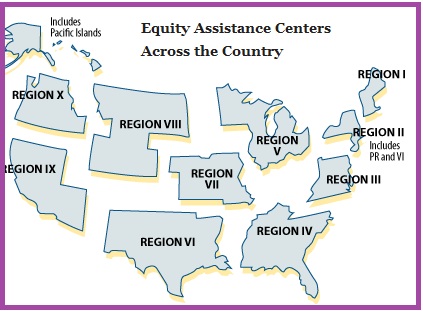
Early
Spring 2012
Zen TESOL
debut
by Robb
Scott, Ed.D.
Perseverance
in Lamar
by Robb
Scott, Ed.D.
Why Textbooks?
by Ashley
Green
Seeing David
Hopkins in
Riyadh
by Robb
Scott, Ed.D.
![]()
/Index/
/Letters/
/Profiles/
/Search/
/Podcasts/
![]()
Subscribe
for free!

The ESL Teacher as Relevance Engineer
Are Textbooks Really So Necessary?
Our faculty is in the middle of what we call “Curriculum Development Week.” At the end of each semester, we get together to reflect on our teaching and program policies and look ahead to what changes need to be made. It’s three straight days of meetings, so it’s not exactly fun, but it is useful.
So, why do teachers love textbooks? Well, textbooks provide a lot of structure to a class. And, I think that’s it. I am not trying to belittle their argument at all: textbooks do provide a lot of structure to a class. I also think that’s really important. I team taught once with a teacher who basically just played a lot of games with his students and called it teaching. The students had fun, but whether they learned anything was arguable.
All the same, I hate textbooks. More specifically, I hate ESL textbooks targeted for adult learners. And here’s why:
Writing textbooks teach students how to write various kinds of essays: definition essays, comparison/contrast essays, classification essays. Do you know how many classification essays I wrote in college? Not one. Ever. My “favorite” writing textbook provides a sample essay about the metaphorical power of an hourglass (Time is slipping away…). In what universe do the textbook writers live that my students will have to wax poetic for five pages about an hourglass?
Listening textbooks provide lecture samples that include “authentic English,” with the perfectly-rehearsed coughs, laughs and filler words. These “mistakes” don’t sound like mistakes. They sound like they were done on purpose, which they were.
Now, let’s be clear, I don’t want to devalue what textbook writers do. What they do is important and really, really hard. I wouldn’t want to do it. I wouldn’t be any good at it. And I totally get why people cling to textbooks. It’s not just the teachers, students get a little freaked out when you don’t use a textbook. “How can I be learning if there’s no book?” But textbooks serve a valuable purpose. For some teachers, they provide a jumping off point, a framework to build an excellent class. That’s great.
What I find frustrating is the implication that because I don’t use a textbook, I don’t teach as well. No offense to the textbook writers/fans, but I think I teach a hell of a lot better without a textbook. Is it more work? Yes, a lot more work. And I enjoy it. Because I’m weird. But also because I know that I’m giving my students the best class I can. And isn’t that really everyone’s goal?
2012 ESL MiniConference Online
PDF conversion by PDF Online
Today, we got on the subject of
textbooks. The original topic was curriculum revision, but we got a little sidetracked. Like, a 90-minute derailment about how most of us love, but some of us vehemently hate textbooks. If you’re wondering, I fall into the “vehemently hate” category.
Article by Ashley Green
Ashley Green's ESL Blog